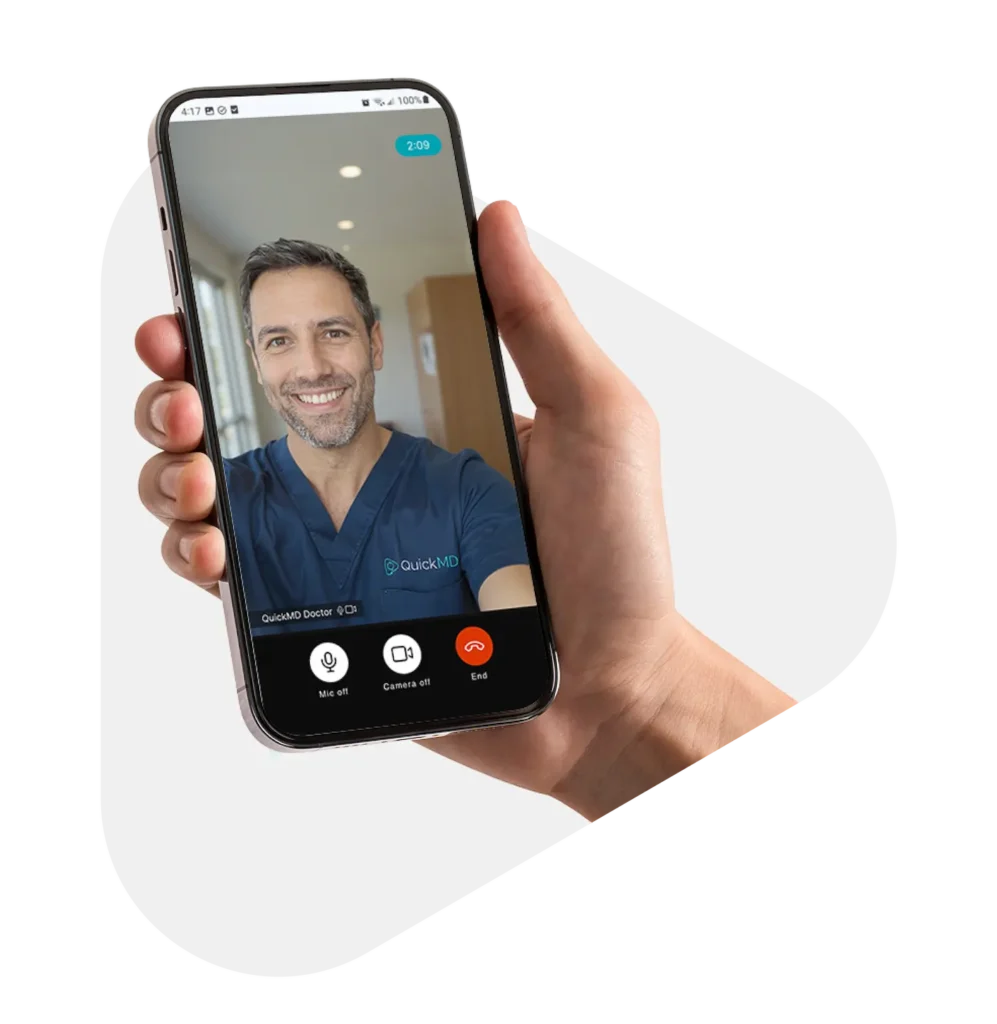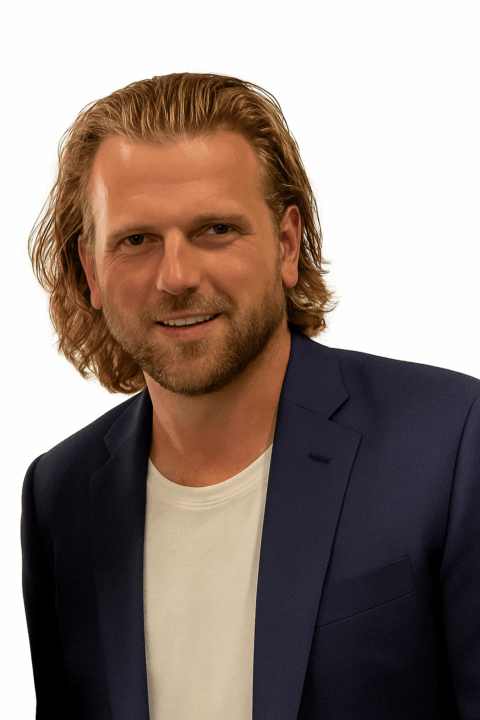Medication-Assisted Treatment in Maryland
QuickMD offers private, judgment-free addiction treatment online in Maryland for substance use disorders, including treatment with Suboxone®.
Book now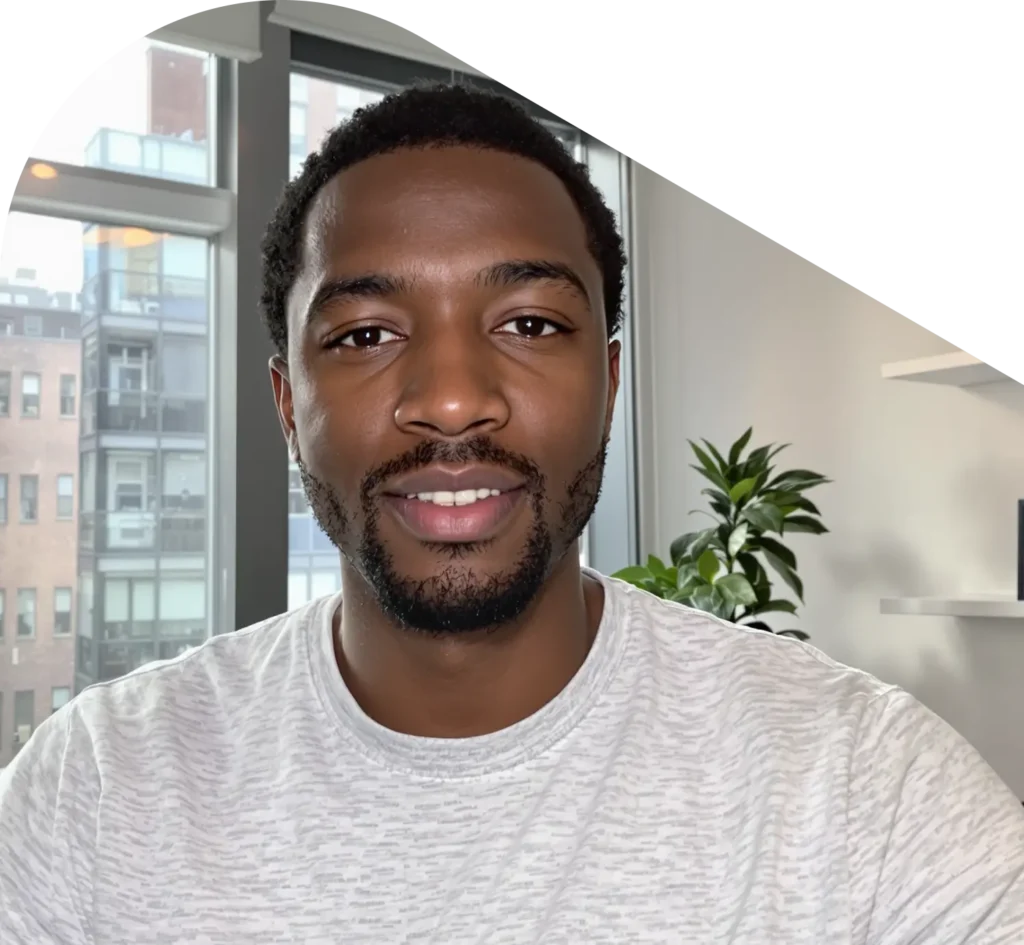
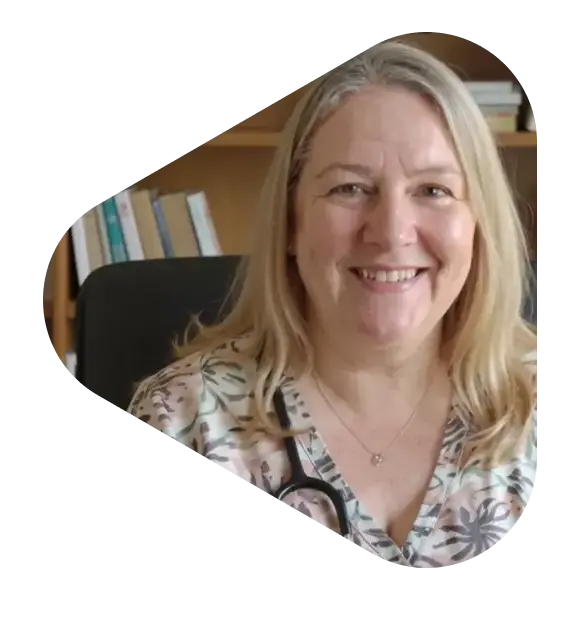
Manage opioid cravings and withdrawal with Suboxone® treatment
Learn about treatment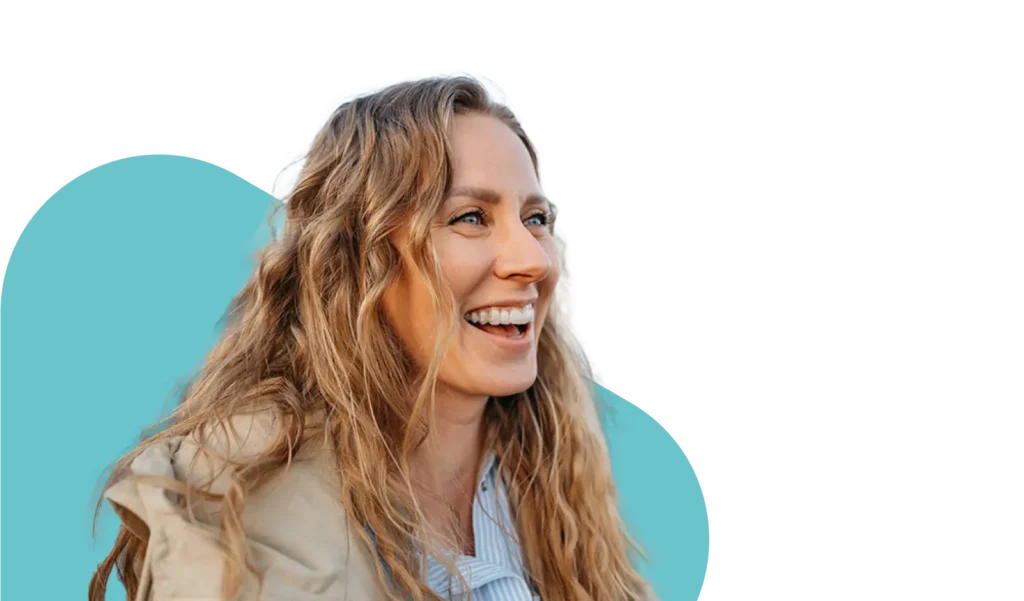
Why choose QuickMD for addiction treatment in Maryland?
Getting care at QuickMD is simple, secure, and accessible. We eliminate the hassle of waiting rooms and insurance. Here’s why thousands of patients trust us for quick, compassionate care:
Same-day
appointments
No insurance
required
Licensed &
certified providers
100% online
appointments
Over 100K+
patients served
Nomemberships
Start treatment with Suboxone® today
At QuickMD, getting your Suboxone® prescription is simple. Schedule a quick phone or video appointment with a licensed provider and we’ll send your prescription directly to your pharmacy.
Why virtual addiction treatment matters in Maryland
Addiction doesn’t look the same for everyone. It lives in quiet struggles. In the person holding down a job while managing cravings, in the parent quietly searching for help at night, in the neighbor whose pain goes unseen until it’s too late. For too many, the road to treatment is lined with fear, shame, and real barriers that make care feel out of reach. But care shouldn’t be out of reach.
That’s especially true in a state still carrying the weight of a devastating crisis. Maryland saw progress, though, in 2024, with fatal overdoses dropping to 1,553—a 38% decrease from the year before. But behind that number are still far too many lives lost, families grieving, and communities struggling. In Baltimore City alone, 1,043 people died from drug and alcohol-related causes in 2023. Most of those deaths, 921, were linked to fentanyl. The crisis isn’t over. It’s just shifting.
For many people living with addiction in Maryland, the hardest part isn’t admitting they need help. It’s figuring out how to ask for it without being seen as broken, criminal, or weak.
Resources are also stretched thin. In certain counties, there are no local providers offering Medication-Assisted Treatment (MAT). Waitlists for detox can last weeks. Public transit isn’t always reliable or even available. The barriers pile up fast.
That’s why virtual addiction treatment is more than a convenience. It’s a necessity. It lets people access care privately, from wherever they feel safest. It means someone in a rural community doesn’t have to drive two hours to see a doctor. It means a single parent can attend therapy during their child’s nap. It also means people who’ve been hurt by the system can finally engage on their own terms. All that’s to say, it really matters.
How access to addiction treatment is improving in Maryland
Recognizing the various barriers that come with seeking addiction treatment, Maryland has made and continues to make many efforts to improve access to care.
A major shift came in 2022, when the federal waiver previously required to prescribe buprenorphine was removed, allowing any DEA-registered provider with Schedule III authority to prescribe it. That change has already expanded access to MAT programs across Maryland, especially in primary care settings.
In 2023, the state created the Office of Overdose Response to coordinate strategies across agencies, acknowledging that fragmented efforts don’t save lives. Through legal settlements with opioid manufacturers, Maryland’s Opioid Restitution Fund (ORF) has directed $12.4 million toward 28 local programs focused on overdose prevention, treatment access, and recovery support.
Additionally, Maryland’s HB0116, passed in 2023, is another step forward. It requires all 24 counties to provide MAT inside jails and upon release, ensuring continuity of care when people are most vulnerable. That same spirit of meeting people where they are drives many of the state’s recovery advocacy organizations, including Behavioral Health System Baltimore and Voices of Hope, which are working to make care more humane, accessible, and patient-led.
Maryland’s approach to addiction treatment is evolving from a system once marked by fragmentation and stigma to one that centers access, dignity, and evidence-based care, and virtual treatment is becoming a cornerstone of that transformation.
How our virtual MAT brings care to Maryland
Our virtual Medication-Assisted Treatment program is one way we work to make care more accessible and more human.
Through secure, online appointments, patients across Maryland can connect with licensed providers from wherever they feel safest. There’s no need to travel long distances or sit in crowded clinics. Instead, treatment can happen at home, in private, and on a schedule that works for each person.
This approach isn’t just about convenience. It’s about meeting people with care that respects their time, their dignity, and their circumstances. We know that recovery is not one-size-fits-all. Virtual MAT helps us bring treatment into communities that need it, without adding more barriers to the process.
Tips for managing addiction treatment
1. Choose people who choose your recovery
Not everyone will understand what you’re going through. That’s okay. Focus your energy on the people who respect your boundaries and support your recovery journey. You deserve relationships that lift you up, not ones that pull you back into pain.
2. Rebuild your relationship with trust
Addiction can damage trust, not just with others but within yourself. Recovery is a chance to start over. Each time you follow through on a small promise, like attending your appointment or reaching out when you’re struggling, you remind yourself that you’re dependable and deserving of healing.
3. Ask your provider to help you plan for potential setbacks
Slip-ups can happen. That doesn’t mean you’ve failed. Talk openly with your QuickMD provider about what to do if cravings or withdrawal symptoms return or if you miss a dose. Having a plan in place makes it easier to stay focused and avoid shame if things get hard.
4. Give yourself credit for the invisible work
A lot of recovery happens in moments no one sees: choosing not to use, showing up to a virtual appointment, logging your medication. These aren’t small things. They’re powerful signs that you’re showing up for your future, one choice at a time.
We also offer these services in Maryland
At QuickMD, we’re committed to bringing convenient, affordable, and compassionate virtual care to patients across Maryland. In addition to addiction treatment, we proudly offer:
- Medical Weight Loss
- Urgent Care Services
- Virtual Counseling Sessions

Medical Weight Loss
Our online weight loss treatment helps you explore options like Ozempic® and Mounjaro® with licensed providers, offering support tailored to your health goals.

Urgent Care Services
Get quick, compassionate care for common illnesses online, 7 days a week. Anytime, anywhere.
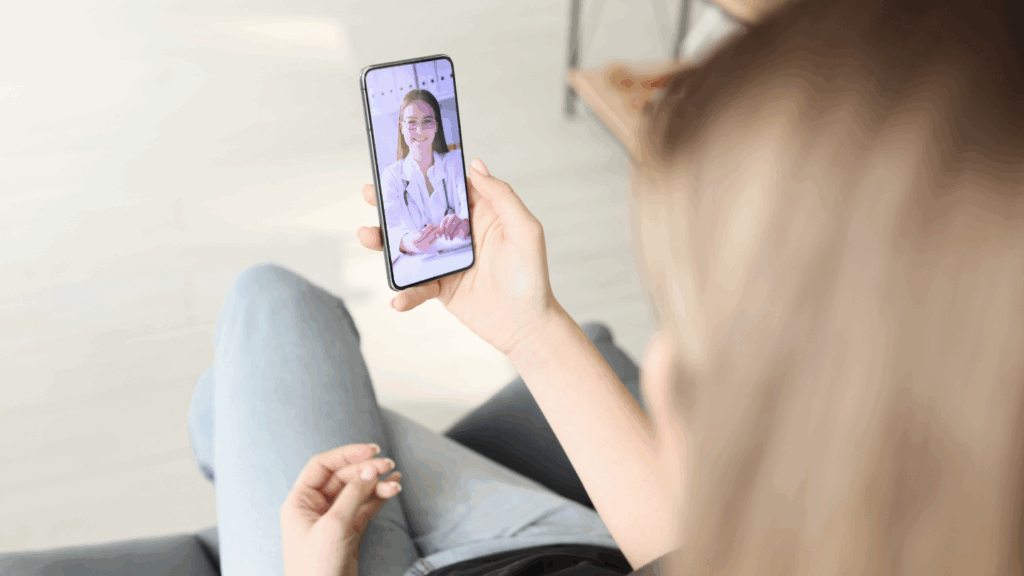
Virtual Counseling Sessions
Talk to licensed providers to support your mental well-being on your terms, when and where you need it.

Medical Weight Loss
Our online weight loss treatment helps you explore options like Ozempic® and Mounjaro® with licensed providers, offering support tailored to your health goals.

Urgent Care Services
Get quick, compassionate care for common illnesses online, 7 days a week. Anytime, anywhere.

Virtual Counseling Sessions
Get quick, compassionate care for common illnesses online, 7 days a week. Anytime, anywhere.
Start treatment with Suboxone® today
At QuickMD, getting your Suboxone® prescription is simple. Schedule a quick phone or video appointment with a licensed provider and we’ll send your prescription directly to your pharmacy.
Frequently asked questions about MAT in Maryland
What are Maryland's opioid laws?
Maryland has passed several laws to fight the opioid crisis. The STOP Act of 2022 requires certain groups to provide free naloxone to people at risk of overdose. House Bill 1274 created a fund to use money from opioid lawsuit settlements for treatment and prevention. More recently, House Bill 1155 (2024) requires hospitals to treat opioid-related cases and refer patients to follow-up care.
Can buprenorphine be prescribed by any doctor?
Yes. Since December 29, 2022, doctors no longer need a special waiver to prescribe buprenorphine for opioid addiction. Any healthcare provider with a valid DEA registration that includes Schedule III authority can prescribe it, as long as they follow state laws. As of June 2023, all new or renewing DEA registrants are also required to complete a one-time, eight-hour training on substance use disorders under the Medication Access and Training Expansion (MATE) Act.
What is the STOP Act in Maryland?
The Statewide Targeted Overdose Prevention (STOP) Act of 2022 is a Maryland law that requires certain organizations to provide naloxone or other medications to individuals at risk of overdose. The Act aims to increase access to these life-saving medications through various entities, including hospitals, emergency services, and community programs.


